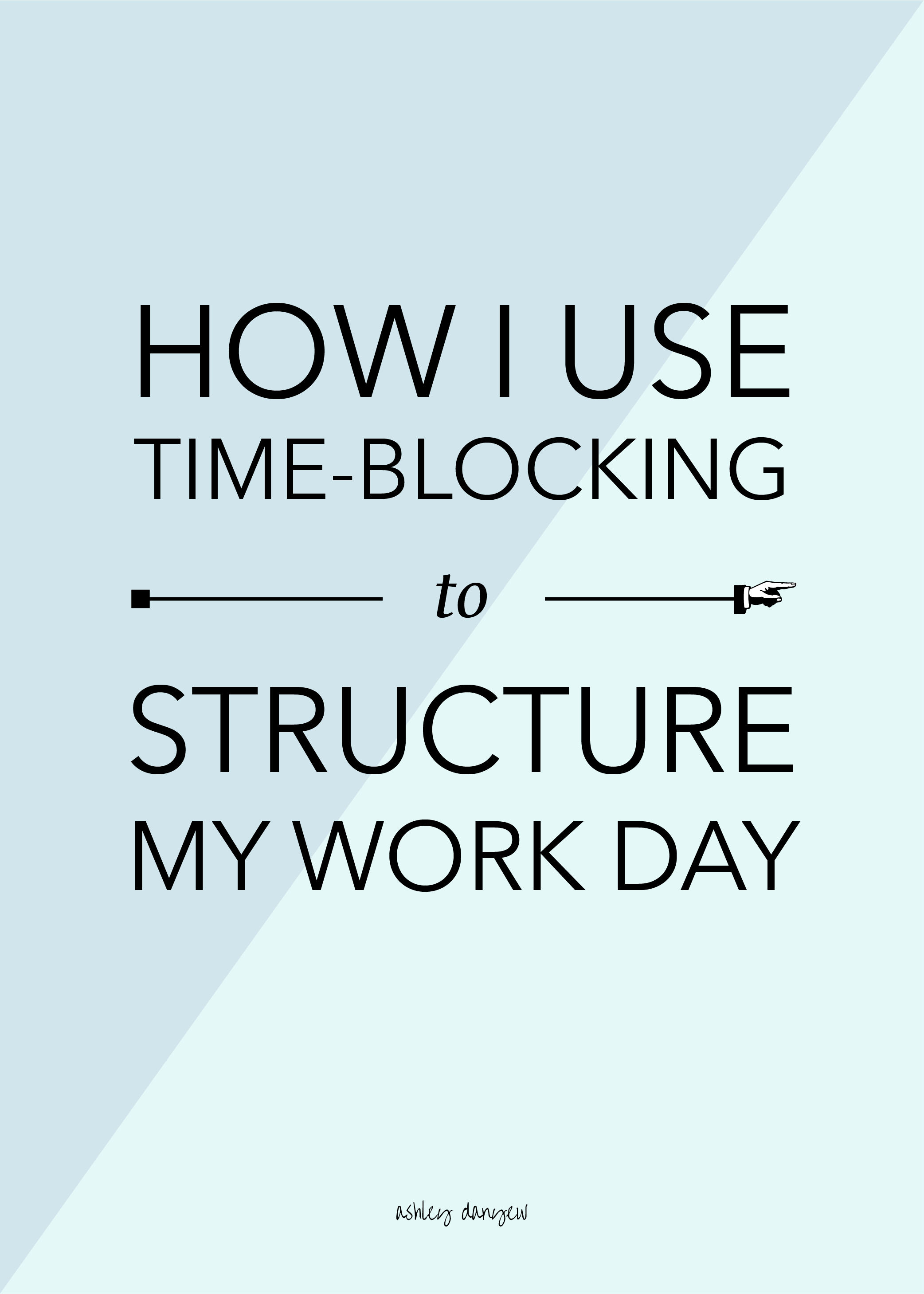Creativity is one of those elusive things that’s hard to wrap your mind around sometimes. What is it? Does everyone have it? Can it be developed?
One of the big things I’ve learned about creativity over the past few years is that, more than anything else, creativity is a way of thinking. It’s a way of looking at the world, interacting with it, challenging it; studying things, testing things, and a relentless desire to explore new territory.
Some people naturally tend to think this way, but that doesn’t mean creativity is limited to certain individuals. Creative thinking is a strategy; it’s a skill that can be developed.
Let’s delve into theory for just a minute:
Creative thinking (in any context) has four main components: Flexibility, Fluency, Originality, and Elaboration (source).

















